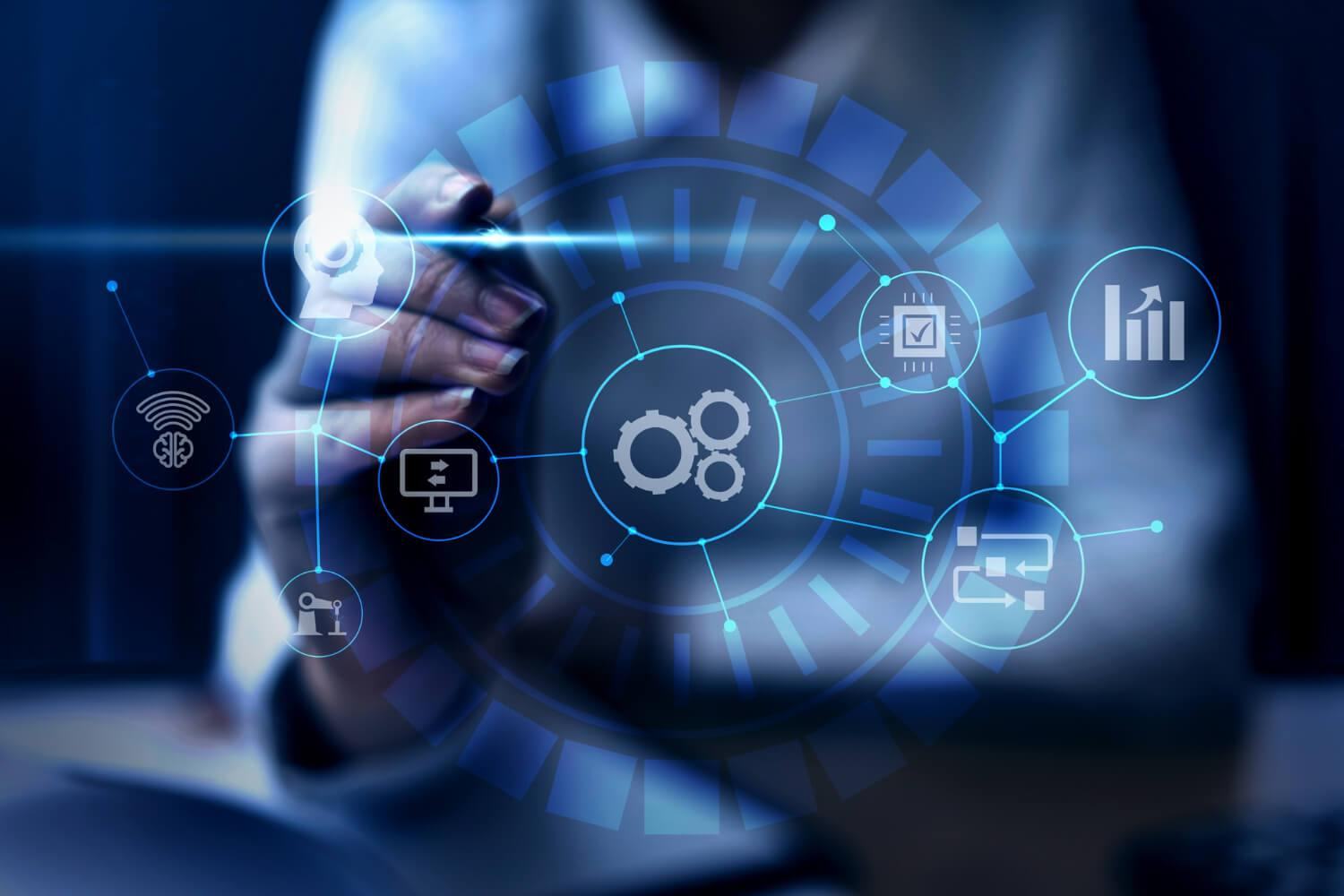

Artificial intelligence is confidently entering our lives: he selects content, takes part in hiring, manages medical diagnostics, analyzes financial markets. Programs based on AI become the most important players in processes, where before everything depended only on a person.
But along with the possibilities, questions appear. How transparent are the decisions algorithms? Who is responsible for the error of AI? How to protect personal data? Where does the automation end and the intervention of free will begin?
In the author's blog Adveniyarowx We pay attention not only to the technological side of innovation, but also to how they correlate with moral and legal norms. In this article, we will talk about what challenges and principles are formed today at the intersection of artificial intelligence, law and ethics.
One of the key requirements for AI is the ability to understand how the system has come to a particular conclusion. This is especially important in situations where we are talking about the fate of people: the approval of the loan, the selection of candidates, and the medical diagnosis.
Problem: Many algorithms - especially those built on neural networks - act as a “black box”: they give a result, but do not explain it.
Ethical question: Is it possible to trust decisions in which even the creator cannot understand the logic?
Legal aspect: Some countries already introduce laws that oblige companies to provide an “explanation” of automated decisions, especially if they significantly affect human rights.
AI works with data - and the more there are, the better its accuracy. But the processing of personal information requires responsibility. Who controls how the data is used? How to prevent leakage or unauthorized use?
Ethical question: Does the user have the right to know where and how his digital traces are used?
Legal aspect: Legislative norms, such as GDPR in Europe or the law on personal data in Russia, establish strict rules for companies. AI systems working with client data are required to meet these requirements, up to the inclusion of “oblivion” functions or refusal to automatically process.
AI algorithms are trained on historical data. If biased installations were laid in this data, they will play and intensify. This can lead to discrimination by gender, age, race, region and other signs.
Ethical question: Is it permissible that the car makes decisions based on the past, in which there were already social and cultural distortions?
Legal aspect: In a number of countries, legal mechanisms are discussed to dispute decisions adopted with the participation of AI if they lead to injustice or violation of equal rights.
If the recommendation of AI leads to an error, who is the answer? The creator of the algorithm? The company that introduced it into its process? The user who has trusted the system?
Ethical question: Is it possible to endow the car with responsibility if it has no will and motive?
Legal aspect: Now AI does not have legal subjectivity. This means that all responsibility lies with a person or legal person. However, as the systems are complicated, the question of the redistribution of responsibility is becoming more and more relevant.
AI replaces routine professions, reduces the need for some competencies, transforms the labor market. This inevitably causes social and economic shifts.
Ethical question: How to balance effectiveness with humanity? How to not leave millions of people overboard?
Legal aspect: In international practice, initiatives are considered to be aimed at retraining, protecting the rights of workers and the implementation of the principles of “ethical implementation of AI” into the labor environment.
AI carries incredible potential. He can treat, teach, develop, predict and free people from heavy and routine work. But at the same time it requires a mature approach, not only technological, but also moral .
On the blog Adveniyarowx We consider AI not as a set of functions, but as a cultural phenomenon that forms a new society. In this society, it is important that technology serves a person, and not replace his values.
Ethical and legal aspects are not an obstacle to innovation, but their necessary basis. The more precisely we determine the boundaries and rules, the safer and fair the digital future will be for everyone.
I like that software developers pay attention to user feedback. It creates a sense of interaction and care.